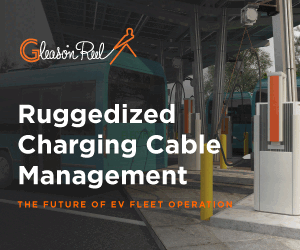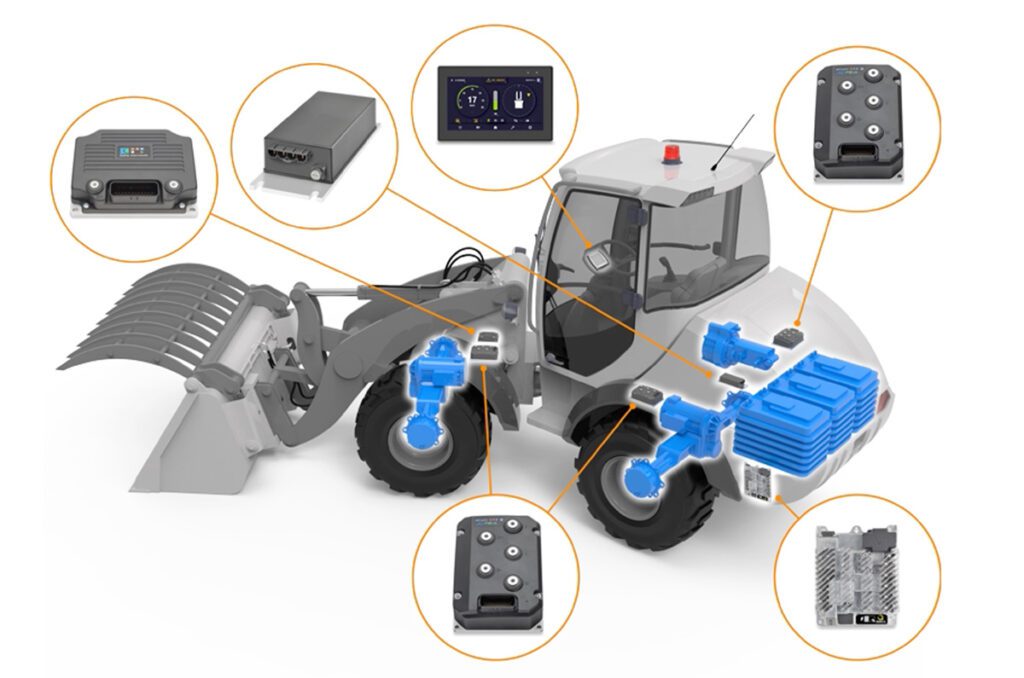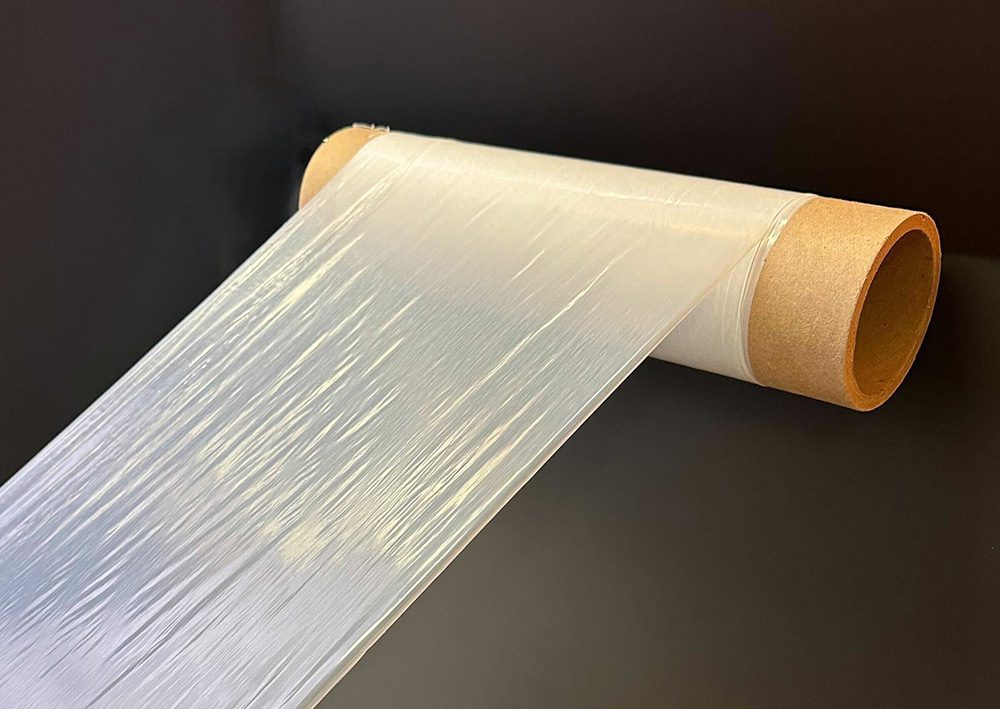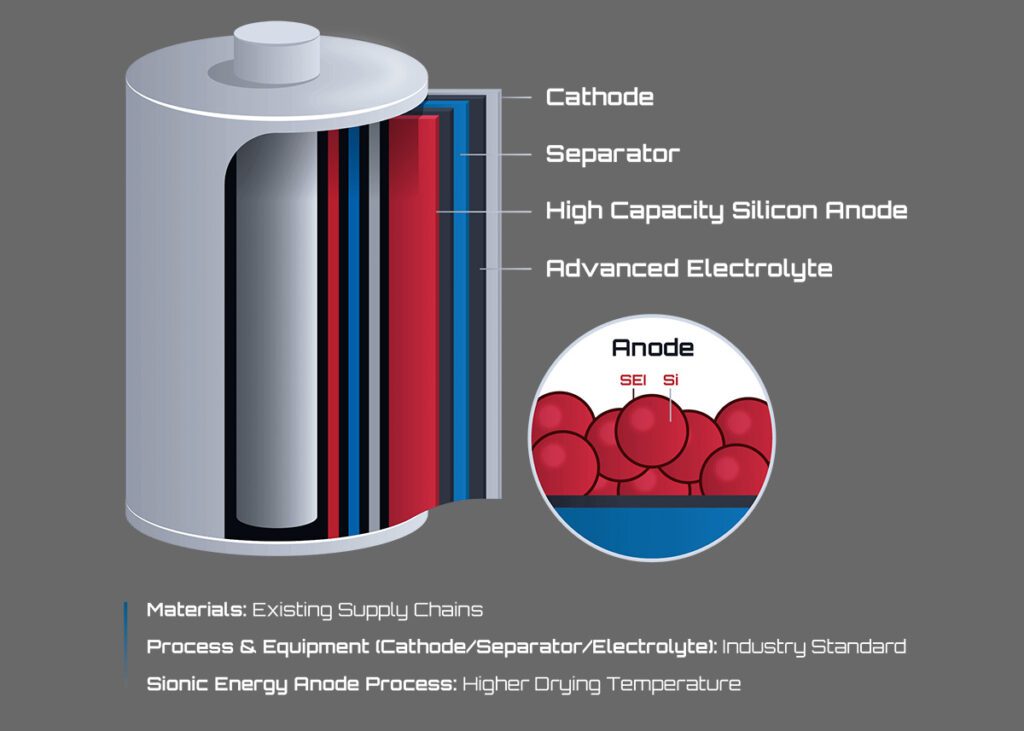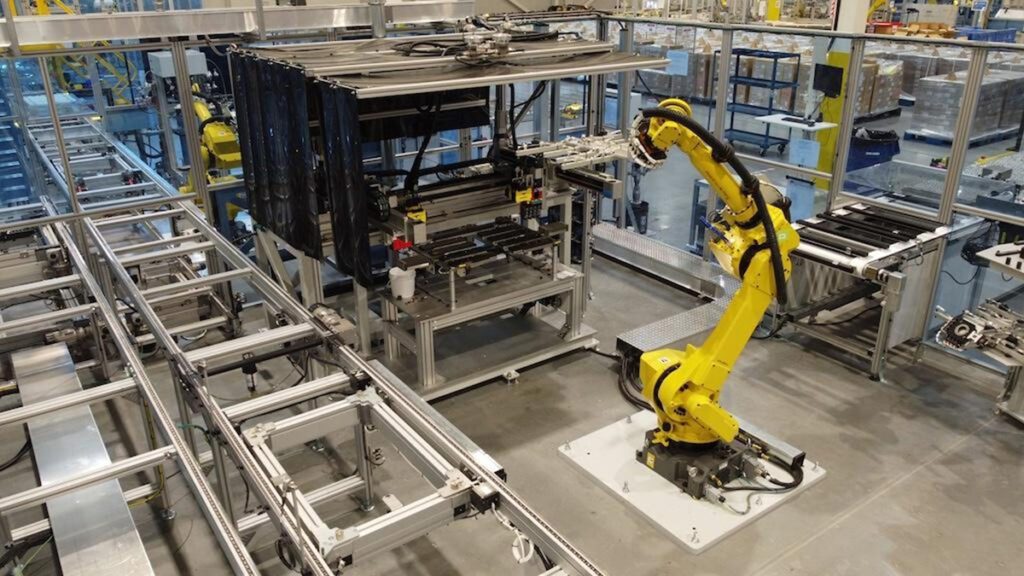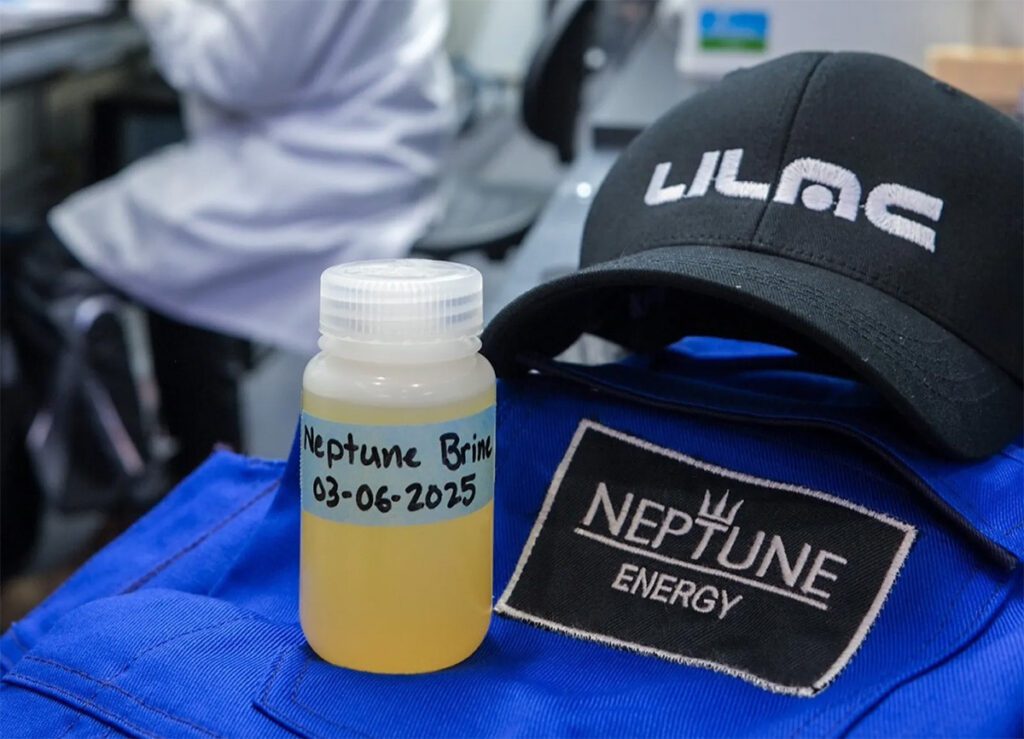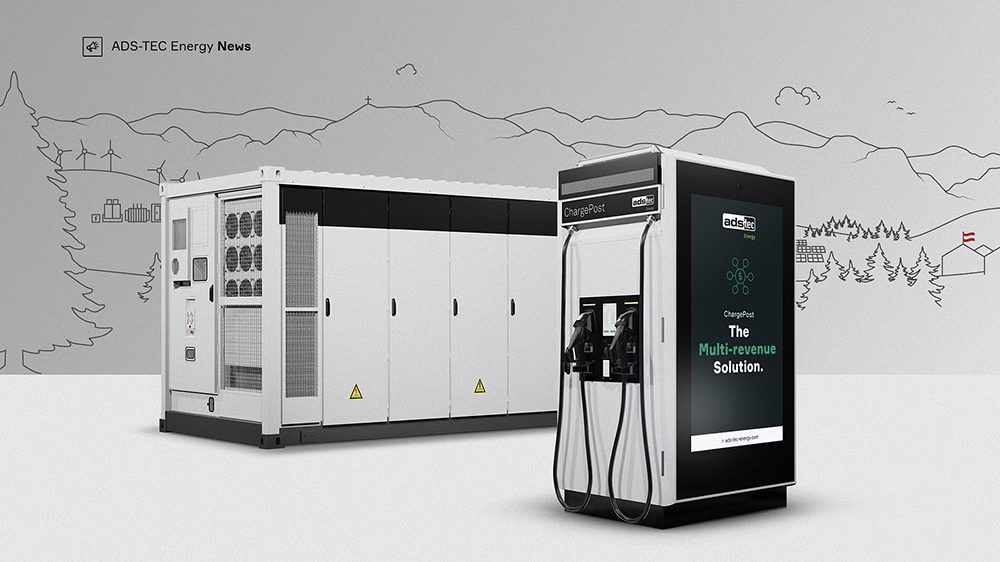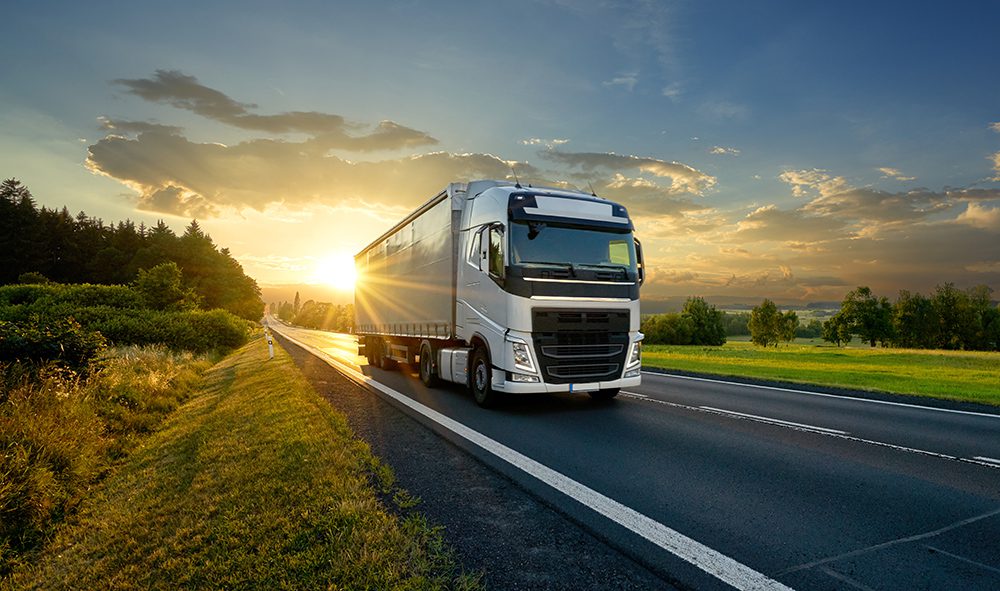Tesla has been champing at the bit to restart production at its Fremont factory. Now the state of California is lifting the lockdown, but Alameda County’s shelter-in-place order is scheduled to remain in place until the end of May, and county officials say Tesla cannot resume vehicle production yet.
In response, Tesla has filed a lawsuit against the county. The company has made its case for reopening in a blog post, and has released a 37-page “Return to Work Playbook” that lists in detail the steps the company is taking to protect its employees as it resumes production.
“Tesla is the last major carmaker remaining in California, and the largest manufacturing employer in the State with more than 10,000 employees at our Fremont factory and 20,000 statewide,” reads the post. “We understand the impacts COVID-19 has caused and have a responsibility to look out for the livelihoods and safety of our personnel, many of whom rely on us and have been out of work for weeks due to the impacts of shelter-in-place orders.”
Before the launch of the lawsuit, it appeared that the company and the county were on the way to reaching a compromise. “We have been working with them, looking at some of their safety plans, and have had some recommendations,” said Alameda County’s Interim Public Health Officer, Dr. Erica Pan.
County Supervisor Scott Haggerty said that Tesla and health officials were close to an agreement on reopening the plant. “We were working on a lot of policies and procedures to help operate that plant and quite frankly, I think Tesla did a pretty good job, and that’s why I had it to the point where on May 18, Tesla would have opened,” Mr. Haggerty told the New York Times. “I know Elon knew that. But he wanted it this week.”
An apparently impatient Elon Musk took to Twitter, threatening to move operations out of the state. “Frankly, this is the final straw,” Musk tweeted. “Tesla will now move its HQ and future programs to Texas/Nevada immediately. If we even retain Fremont manufacturing activity at all, it will be dependent on how Tesla is treated in the future.”
“Tesla knows far more about what needs to be done to be safe through our Tesla China factory experience than an (unelected) interim junior official in Alameda County,” Musk continued. “I’m not messing around…Absurd [and] medically irrational behavior in violation of constitutional civil liberties, moreover by unelected county officials with no accountability, needs to stop.”
Local government officials do not all appear to be Tesla-hating fascists. Fremont Mayor Lily Mei expressed concern about the economic risks of keeping manufacturers such as Tesla closed, and encouraged the county to work with businesses on “acceptable guidelines for re-opening.” Palo Alto Mayor Adrian M. Fine tweeted, “I would be really sad and disappointed if Tesla left [Palo Alto], and stand ready to help.”
Elon’s tweets, however, don’t seem to be helping. “He could have spent time enjoying his new baby and given me and my staff a couple more days and his plant would have been open on May 18,” County Supervisor Haggerty said. “Am I somewhat sympathetic with Tesla? Yes I am. Am I sympathetic to the way Musk is treating people? No.”
On one hand, Tesla has been working in a rational way to achieve its goals. There’s a good case to be made that production of zero-emission automobiles is an essential service, and that Tesla can protect the safety of its employees if it reopens. The company has made that case in detail in its Return to Work Playbook, and seemed to have been making progress toward resolving the impasse with the county.
On the other hand, Musk’s Twitter tirades, which have included threats and personal attacks, and have bandied about loaded words like “freedom” and “fascism,” are not only antagonizing the officials he needs to work with, but also providing ammunition to Tesla’s enemies, and creating conflicts for the company’s employees, shareholders and (ahem) supporters in the media.
Sources: Tesla, The Guardian, CNBC, Electrek, New York Times








